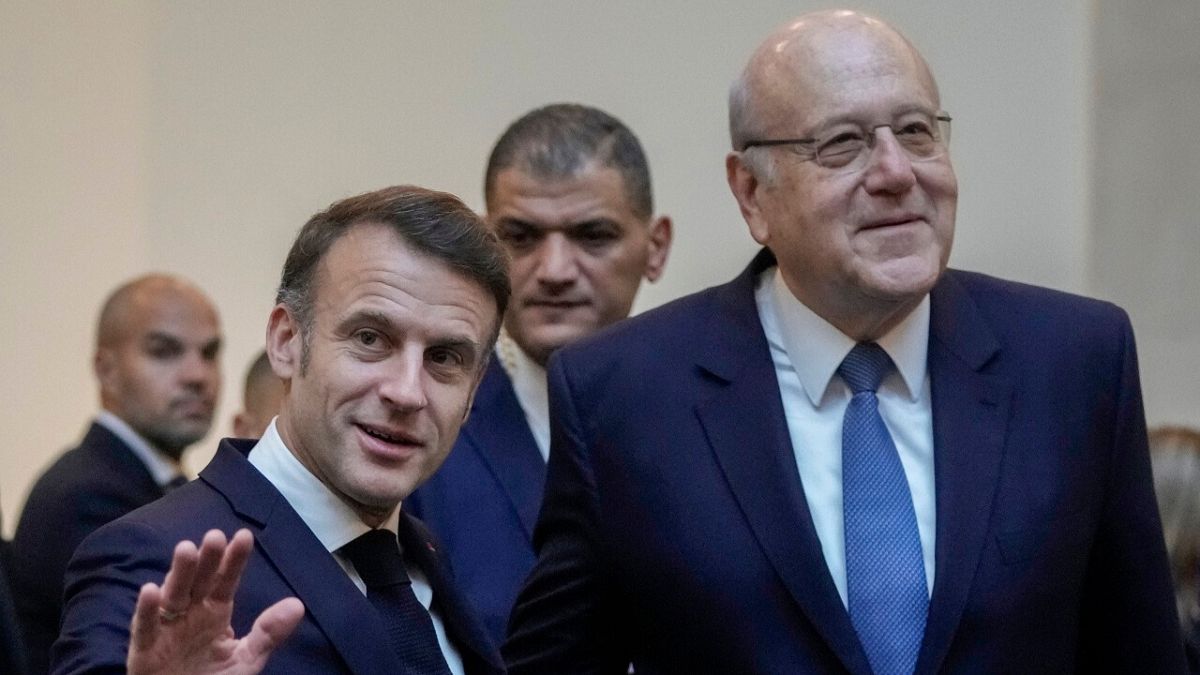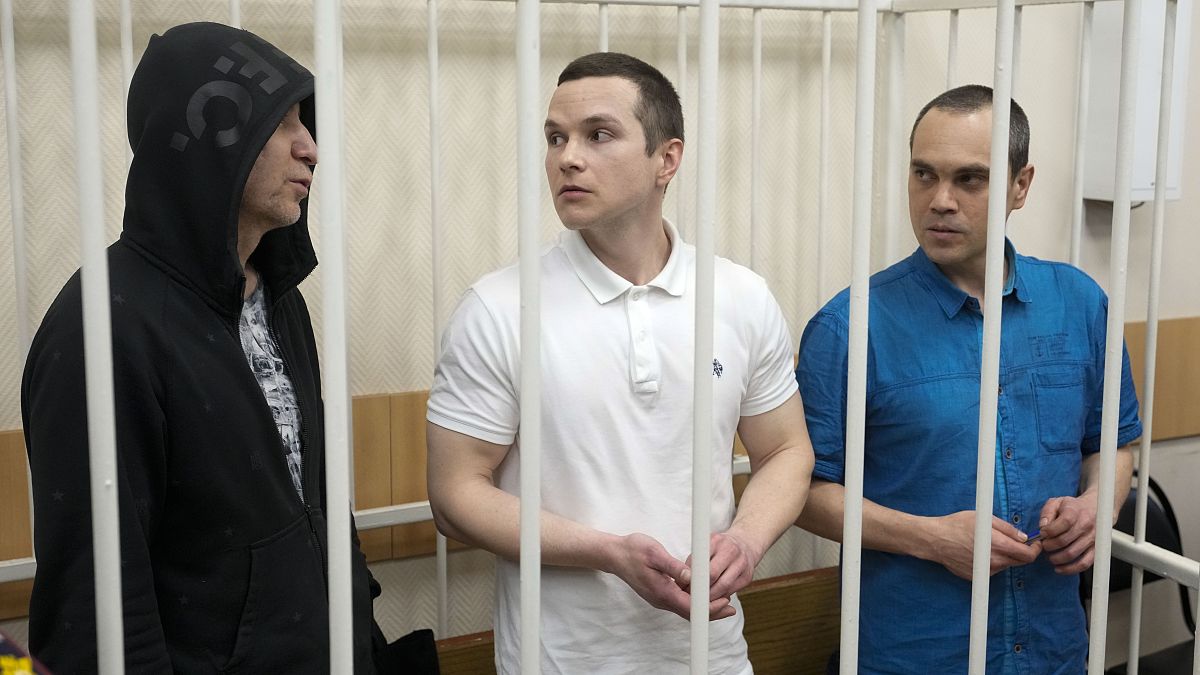Te Pāti Māori’s rise to within one point of ACT in the latest 1News Verian poll – a record result for the minor party – has prompted divided responses from party leaders.
The latest poll shows National and Labour steady at 37% and 29% respectively, while Te Pāti Māori has risen three points to 7% – now sitting just one point behind ACT’s steady 8%. The result also puts them ahead of New Zealand First, who are up by 1% to 6%.
It would give Te Pāti Māori nine seats in Parliament if repeated at the next election – up from the six they hold currently.
Reacting to her party’s rise, co-leader Debbie Ngarewa-Packer said the party’s three-point movement showed “people in Aotearoa have lost confidence in this Government”.
“They support who we are and what we stand for. We have been promoting Te Tiriti, they know that we are a party that’s good for protecting all New Zealanders against corporate exploitation and I think that’s certainly what’s been shown.”
She said last month’s hīkoi, which saw over 40,000 people march to Parliament, “shows that we don’t want to be divided – we are a nation that supports unity”.

“There has been a lot of fear that has been driven up by Te Tiriti – and, you know, special treatment and special rights – and not understanding the obligations that we all have to protect each other.”
When asked about David Seymour’s rise in the preferred PM stakes, Ngarewa-Packer said: “He’d be a terrible prime minister. I think people really need to rethink that thought.”
‘The solution cupboard they have is rather bare’ – ACT
ACT leader David Seymour, responding to Te Pāti Māori’s surge in popularity, said that “attention can get your polling up in the short term, the problem for them is when people look a bit closer at what they offer in terms of solutions”.

When asked if the hīkoi gave Te Pāti Māori a boost in its polling, he said: “It’s boosted their attention, but attention is always followed by scrutiny”.
“If I was them, I would be quite worried because the solution cupboard that they have is rather bare.”
The future deputy prime minister declined to say whether or not his Treaty Principles Bill had potentially helped Te Pāti Māori’s poll numbers increase.
Seymour was also asked if he was worried that Te Pāti Māori was only one point away from ACT.
“No, I’m only afraid of people with good ideas, because then they can win the contest of ideas. These guys have entered the contest of good ideas almost entirely unarmed,” he said.
“It’s all theatrical and people just have to ask themselves – do they want rational debate about the future of their country? Or do they want tribalism where affiliation to the group matters more than the logic of your arguments?
“I don’t think their prescription is really much of a threat politically, but that thinking is the kind of threat to a country.”
Swarbrick says the Greens have had a challenging year
Meanwhile, Green Party co-leader Chlöe Swarbrick acknowledged that it has been a difficult year for her party.

“I will be the first to admit that we have had a challenging year, but I think that New Zealanders can see that we have grappled with that as best as we humanly could, and put our values at the centre of every decision that we have made.”
Asked why her party fell by 2%, Swarbrick jokingly asked what the margin of error was, adding that “we can all read the tea leaves – I think it’s down to those basics vibes, right?”
In 2025, Swarbrick said she hoped the party can shift from a focus on activism to organising to move the party to a position to be able to compete at the next election.
‘A lot of publicity’ – Hipkins on Te Pāti Māori’s boost
The numbers for the latest 1News Verian poll were taken during the weekend that Labour was holding its annual conference earlier this month. Despite that, there was no growth in support, with the party remaining flat at 29%.
Asked why the dial hadn’t shifted, leader Chris Hipkins replied that polls “move around a bit”.
“Overall, the trend has seen Labour gaining support since the election and the Government losing support,” he said.

“Individual polls will produce a variety of results, but one year into opposition and one year into the new Government, we know we’ve still got work to do.”
Hipkins said he hoped that, when Labour announced new policy, voters would start to see them as an alternative.
When asked about Te Pāti Māori’s boost in popularity, he responded: “They’ve had a lot of publicity over the last few weeks”.
“I’m not sure that they will stay that high.”
Asked if he didn’t believe that Te Pāti Māori would get 7% at the next election, Hipkins said: “I think if you look history of Te Pāti Māori, they’ve had spikes in support before, but it hasn’t translated into a big surge in support on election day.”
Why isn’t National polling higher? Luxon responds
Prime Minister Christopher Luxon was asked why National was holding steady.
He responded: “It’s been a really tough year for New Zealanders, but they can see that our plan is starting to work.

“We are lowering the cost of living, with lower inflation, lower tax and also lower interest rates, they can see that we are restoring law and order with lower rates of crime and importantly, they can also see that we are making progress on education and health, so we’ve got a long way to go.”
Asked about why his preferred prime minister ratings had been falling over recent polls, Luxon said, “People can see that I’m coming from outside of politics.
“I’m bringing my experience to bear as someone who had to sort out commercial messes. That is a large part of what we are doing here – to rebuild the economy, restore law and order, and deliver better public services.”
“Kiwis understand the job that I am doing. I inherited a hell of a mess; I’ve put together a team to deal with that, they can see it’s been difficult and understand it’s been tough, but we are making progress.”
Asked why Te Pāti Māori had seen a rise in support, Luxon said that was for commentators to decide and that he “was here to get the business done”.
New Zealand First has not responded to the results of the poll.
Leader Winston Peters has often said that he doesn’t comment on polls.
Party vote
National – 37% (steady)
Labour – 29% (steady)
Green – 10% (down 2%)
ACT – 8% (steady)
Te Pāti Māori – 7% (up 3%)
New Zealand First – 6% (up 1%)
The Opportunities Party (TOP) – 2% (down 1%)
Freedoms New Zealand – 1% (steady)
Don’t know / refused to say – 10% (up 1%)
Seats in the House
National – 46
Labour – 36
Green – 12
ACT – 10
New Zealand First – 7
Te Pāti Māori – 9
Preferred prime minister
Christopher Luxon – 24% (down 1%)
Chris Hipkins – 15% (steady)
Chlöe Swarbrick – 6% (steady)
David Seymour – 6% (up 2%)
Winston Peters – 5% (down 1%)
Hana-Rāwhiti Maipi-Clarke – 1% (up 1%)
Between November 30 and December 4, 2024, 1006 eligible voters were polled by mobile phone (501) and online, using online panels (505). The maximum sampling error is approximately ±3.1%-points at the 95% confidence level. Party support percentages have been rounded up or down to whole numbers, except those less than 4.5%, which are reported to one decimal place. The data has been weighted to align with Stats NZ population counts for age, gender, region, ethnic identification and education level. The sample for mobile phones is selected by random dialling using probability sampling, and the online sample is collected using an online panel. Undecided voters, non-voters and those who refused to answer are excluded from the data on party support. The results are a snapshot in time of party support, and not a prediction.












